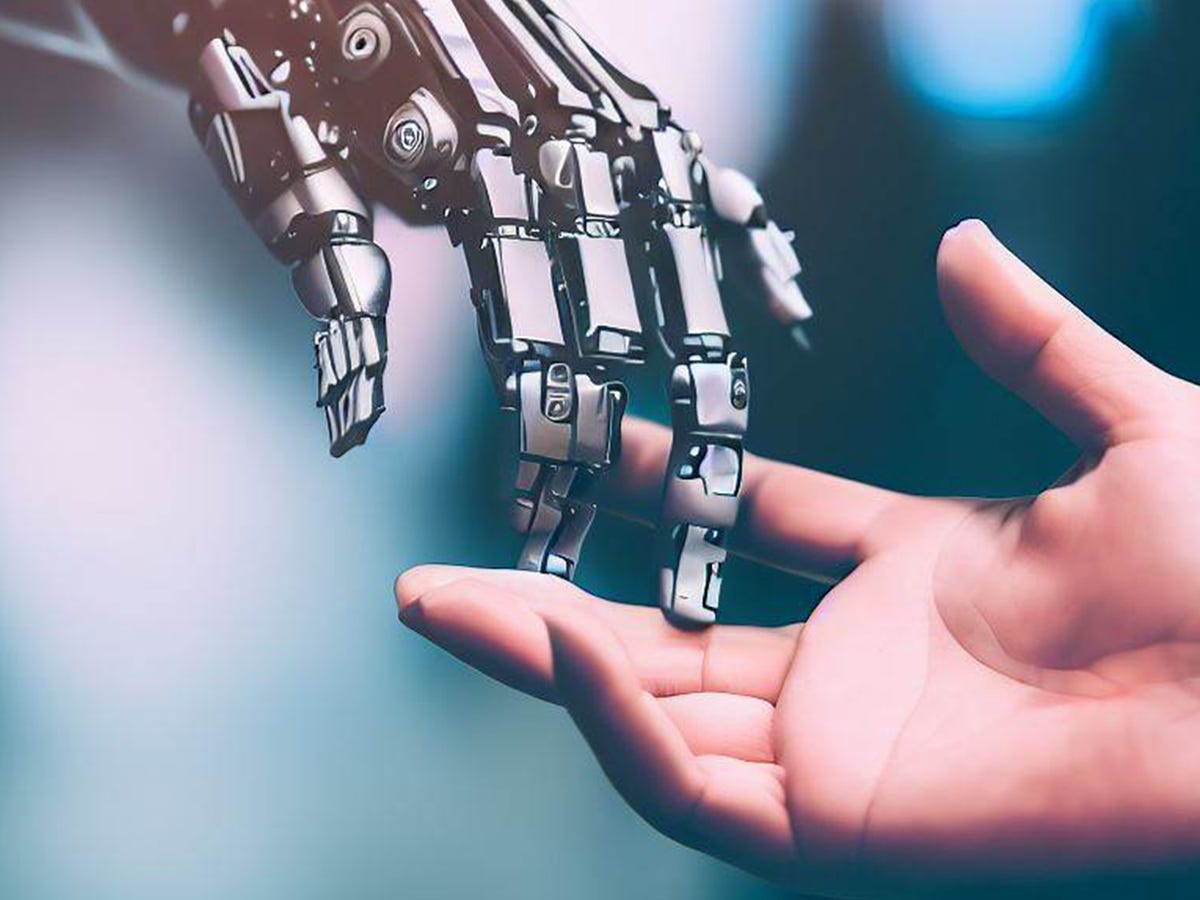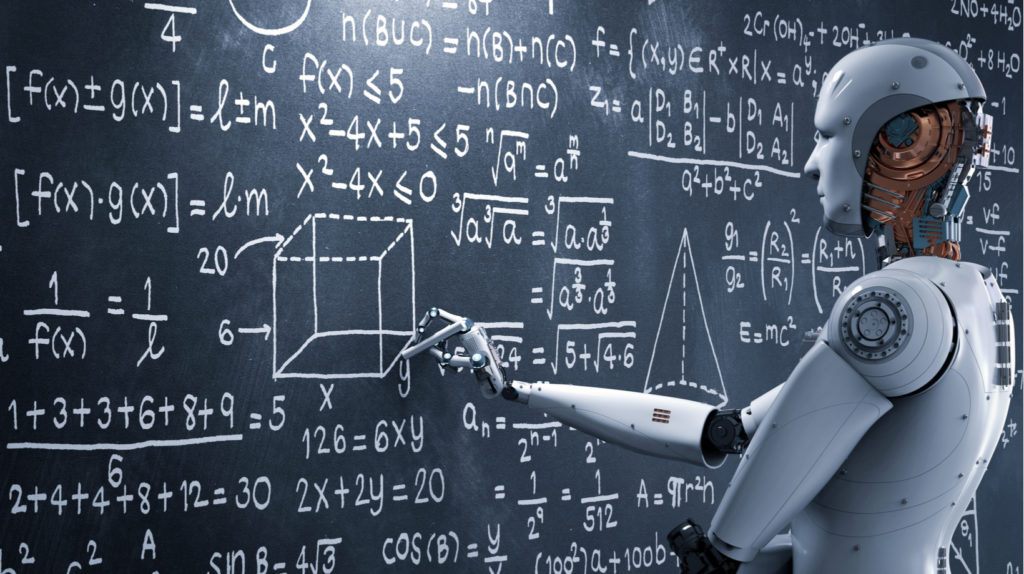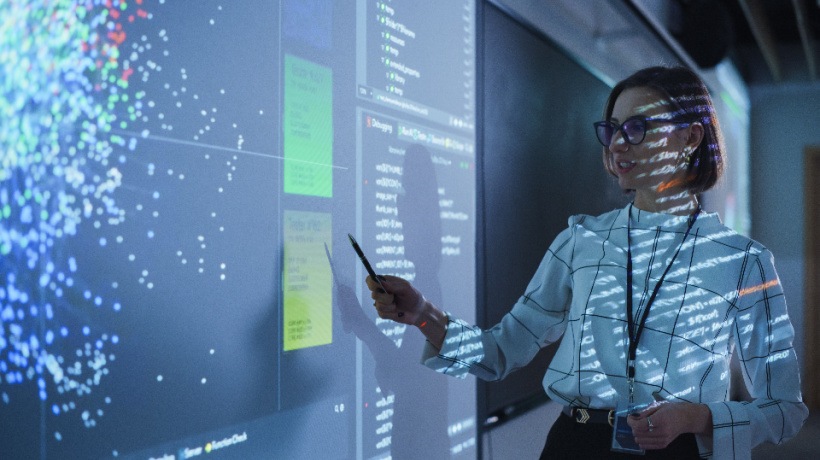Will artificial Intelligence replace teachers in the future?

Introduction
Definition of Artificial Intelligence (AI) and its impact on various industries
AI and its Definition: Artificial Intelligence, commonly known as AI, refers to the simulation of human intelligence in machines that are programmed to think like humans and mimic their actions. The term may also be applied to any machine that exhibits traits associated with a human mind such as learning and problem-solving.
AI's influence on Industries: AI has revolutionized multiple sectors by bringing in efficiency, automation, and intelligent data analysis. Industries such as healthcare, automotive, finance, and customer service have seen profound transformations due to AI implementation, leading to advancements like personalized medicine, self-driving cars, automated trading, and responsive chatbots.
The debate on whether AI will replace teachers in the future
AI in Education: The AI's role within education has become increasingly prominent, focusing not only on student learning but also on how it supports teachers.
Teachers and AI: Despite fears that AI could replace human educators, current discussions and analyses suggest that AI will serve as a tool to enhance teachers' capabilities rather than make them obsolete. Educators are expected to remain central to the teaching process.
The Need for Evolution: While AI will not supplant teachers, there is a growing understanding that for teachers to maintain their pivotal role, they will need to evolve with the technology, embracing AI as an ally in delivering education effectively.

AI in Education
Current applications of AI in the educational sector
- Personalized Learning: AI has enabled personalized education by adapting to each student’s learning pace and style, providing customized resources to bridge learning gaps.
- Automated Administrative Tasks: AI tools are being employed to automate administrative tasks such as grading and scheduling, freeing teachers to focus more on instruction and student interaction.
- Data-Driven Insights: AI-powered analytics give educators valuable insights into student performance, helping to tailor teaching strategies and improve outcomes.
- Virtual Learning Environments: AI is at the forefront of creating intelligent virtual tutors and environments that simulate one-on-one learning experiences, making education more accessible.
AI's potential to enhance the learning experience
- Immersive Technology: Emerging AI technologies promise to offer immersive experiences through augmented and virtual reality, making complex subjects more tangible and engaging.
- Early Detection of Learning Disabilities: AI algorithms have the potential to detect learning disabilities early on, allowing for timely intervention and support.
- Continuous Learning: AI facilitates continuous learning by providing on-demand resources, instant feedback, and adaptive pathways that evolve with the learner’s needs.
- Cultivation of Critical Thinking: By handling routine tasks, AI can create space for teachers to focus on developing students' higher-order thinking skills.
AI’s incorporation into the educational system is increasingly seen as a means to not only bolster the teaching process but also to enrich and personalize the student learning journey. With its capacity to analyze vast quantities of data and provide real-time feedback, AI stands to transform traditional pedagogies into dynamic, responsive, and student-centered learning environments. As technology advances, educators and policymakers alike continue to explore the symbiotic relationship between human teachers and AI, aiming to strike a balance that maximizes the benefits of AI while preserving the irreplaceable value of human interaction and mentorship in education. [5][6][7][8]

AI-Assisted Teaching
How AI can assist teachers in their daily tasks
In the realm of education, Artificial Intelligence (AI) functions as a facilitator, not a substitute for human educators. Teachers can leverage AI to enhance the academic environment, making it more conducive to learning. AI technologies are adept at handling repetitive tasks, such as organizing material and managing simple student queries, which traditionally consume a considerable portion of a teacher's day. This delegation of duties allows educators to redirect their focus from administrative responsibilities to more critical pedagogical activities, like fostering rich discussions and encouraging creative expression among students.
Benefits of using AI to automate administrative and grading tasks
The integration of AI-driven tools in educational settings demonstrates a significant leap in efficiency, particularly in administrative and evaluative processes. AI systems automate the grading of standardized tests and even written assignments, delivering swift and objective results. This rapid feedback enables learners to quickly identify their areas of weakness and pivot their study approaches accordingly. Additionally, AI's capacity for data management streamlines scheduling, tracking attendance, and monitoring student progress, yielding a more organized educational structure. By diminishing the burden of routine tasks, AI empowers educators to commit their energy and time to the instructional and relational dimensions of their role, resulting in a more attentive and personalized educational experience for each student. [9][10][11][12]

The Role of Teachers
The significance of human intelligence and emotional connection in education
In the ever-evolving landscape of education, Artificial Intelligence has its notable strengths and applications, but it cannot rival the depth of human intelligence that teachers bring to the classroom. Teachers exemplify the emotional connection and understanding necessary to inspire and engage students. They interpret non-verbal cues, comprehend the complexity of social interactions, and provide a nuanced approach to individual learning challenges. Human educators are instrumental in nurturing soft skills, such as empathy, resilience, and critical thinking, which are integral to a student's holistic development. Such emotional intelligence is especially crucial for effectively addressing the diverse emotional and psychological needs of students, fostering a genuinely supportive learning environment.
Why teachers will always be essential despite advancements in AI
The rapid advancement of AI in education certainly brings transformative capabilities; nevertheless, the presence of teachers remains indispensable. They offer a form of mentorship and guidance that transcends the technical transmission of knowledge. Teachers play a multifaceted role as educators, mentors, and role models, curating personalized learning experiences and interventions that are tailored to the individual student. The complexities of pedagogy, requiring adaptive problem-solving and critical thinking, cannot be genuinely replicated by AI. Educators are at the heart of motivating students, cultivating their personal and academic growth, and instilling a passion for lifelong learning. While AI may provide tools to enhance the educational process, it is the educator's unique human touch that remains at the core of teaching, shaping the formative experiences of learners and preparing them for the challenges of the real world. [13][14][15][16]

Conclusion
Summarizing the key points discussed
- **Artificial Intelligence (AI)** has made **significant strides** in the education sector, offering **personalized learning** and improved **accessibility** to study materials.
- **Teachers** provide an **irreplaceable human touch**, which includes **empathy**, **mentorship**, and **guidance** that AI cannot replicate.
- The **human educator's role** goes beyond the mere dissemination of information—it encompasses **inspiration**, **personal growth**, and the development of **critical life skills**.
- While AI can enhance the educational experience through advanced tools, it lacks the capability to fully understand and manage **complex social dynamics** and individualized student needs.
Why teachers and parents will remain crucial in the education of future generations using AI
- **Teachers and parents** provide **critical support systems**, offering **nuanced insights** and emotional intelligence that nurture a child's development.
- The **mentorship** provided by educators and the support from parents are key in fostering a **positive educational climate**.
- They instill **values**, **resilience**, and a **passion for learning** - traits that AI cannot teach but are essential for a student's well-being and success.
- **Future education systems** leveraging AI will still rely on **human oversight** to ensure that technology is used effectively and ethically within the learning environment.
- The collaboration between teachers, parents, and AI can create a **holistic educational framework** that prepares students not just academically, but also socially and emotionally for their futures.
